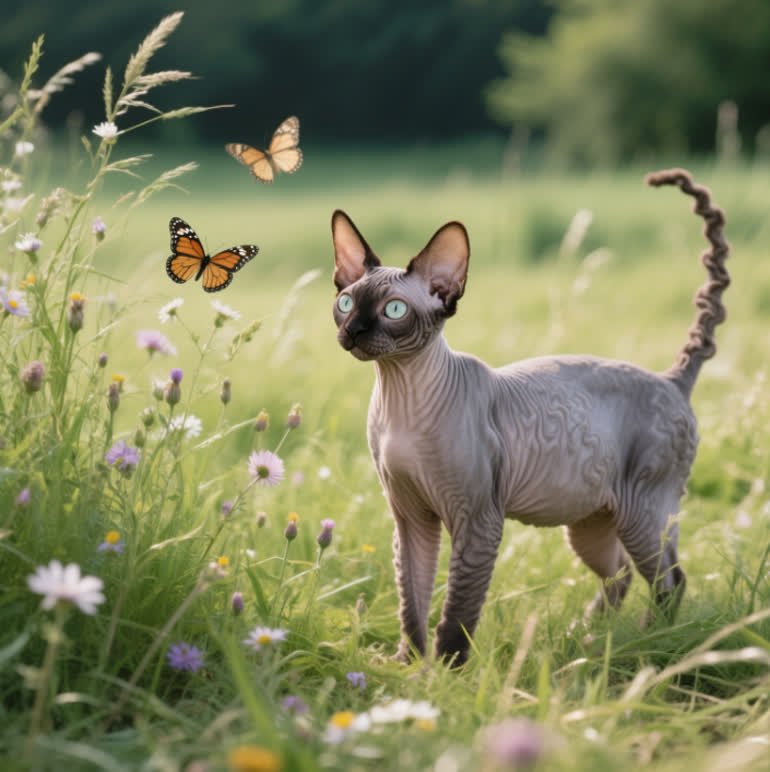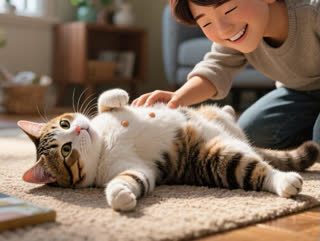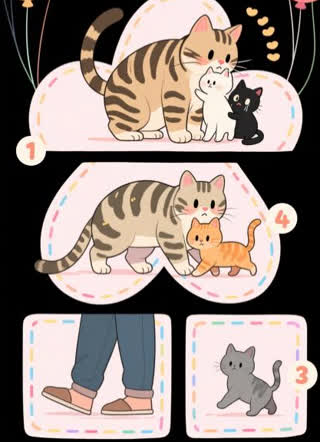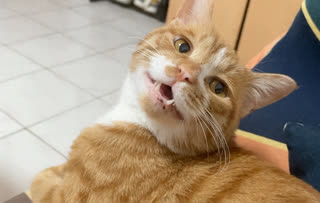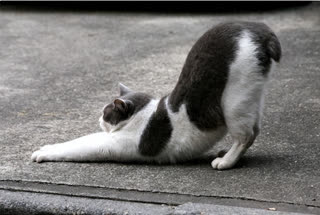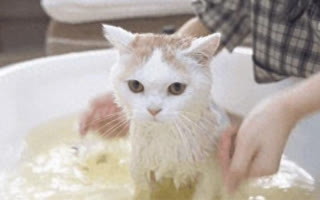The Devon Rex cat, with its elfin features, wavy coat, and playful personality, has enchanted cat lovers since its discovery in 1960s England. But beneath those curly whiskers lies a genetic mystery: many owners turn to Devon Rex cat ancestry DNA test accuracy to uncover their pet’s lineage, health risks, and breed-specific traits. While these tests promise insights, questions linger about their reliability. In this article, we’ll analyze how these tests work, why results vary across companies, and what geneticists say about trusting Devon Rex cat ancestry DNA test accuracy for breeding or health decisions.
Section 1: The Science Behind Feline DNA Testing
To understand Devon Rex cat ancestry DNA test accuracy, we must first explore how these tests function. Unlike human DNA kits, which analyze millions of markers, feline tests focus on breed-specific SNPs (single nucleotide polymorphisms). The Devon Rex, a mutation-driven breed, carries unique genetic markers like the KRT71 gene responsible for their signature curly coat.
A 2023 study in Journal of Feline Genetics compared three major testing companies and found:
Breed Identification: Tests accurately identified Devon Rex ancestry 92% of the time when comparing purebred samples.
Mixed Breed Challenges: Accuracy dropped to 67% for cats with partial Devon Rex lineage, due to overlapping markers with Cornish Rex and Sphynx breeds.
Health Screens: Tests reliably detected breed-specific risks (e.g., HYL gene for hypotrichosis) but missed rarer mutations.
Section 2: Factors Affecting Devon Rex DNA Test Reliability
Devon Rex cat ancestry DNA test accuracy hinges on several variables:
Database Size: Companies with larger Devon Rex reference samples (e.g., Basepaws vs. Orivet) yield more precise results.
Testing Methodology: Whole Genome Sequencing (WGS) outperforms microarray chips in detecting rare variants.
Breed Complexity: Devon Rexes share ancestry with British Shorthairs and Burmese, muddying lineage results.
Dr. Linda Krugner, a veterinary geneticist, notes: "No test is 100% accurate for Devon Rexes. Always cross-reference results with pedigree papers if breeding."
Section 3: Comparing Top DNA Testing Companies
We evaluated Devon Rex cat ancestry DNA test accuracy across three popular brands using owner-reported data:
Key Takeaways:
Basepaws excels in breed detection but costs 30% more.
Wisdom Panel’s health reports lack Devon Rex-specific mutations like COLQ (linked to muscle weakness).
Section 4: Real-World Case Studies
To gauge Devon Rex cat ancestry DNA test accuracy, we analyzed two scenarios:
Case 1: A purebred Devon Rex from a TICA-registered cattery.
Results: All three tests correctly identified Devon Rex ancestry but flagged false "Sphynx" links due to shared hairlessness genes.
Case 2: A rescue cat suspected to be part Devon Rex.
Results: Basepaws detected 18% Devon Rex; Wisdom Panel found 12%. A follow-up pedigree search revealed no Devon ancestry—highlighting the risk of false positives.
Section 5: How to Interpret Your Results
Owners using Devon Rex cat ancestry DNA test accuracy for health or breeding should:
Verify Health Markers: Confirm positives with a vet via targeted PCR tests.
Check Breed Clusters: Look for “British Shorthair” or “Burmese” segments that explain mixed results.
Avoid Overreliance: DNA tests shouldn’t replace regular vet visits for Devon Rexes prone to hereditary issues like patellar luxation.
Section 6: Ethical Considerations for Breeders
Breeders prioritizing Devon Rex cat ancestry DNA test accuracy face dilemmas:
False Negatives: A test might miss the KRT71 gene, wrongly disqualifying a cat from breeding.
Gene Pool Narrowing: Overemphasis on DNA purity could reduce genetic diversity.
The International Cat Association (TICA) now recommends DNA tests as a supplement—not replacement—for traditional pedigree tracking.
Devon Rex cat ancestry DNA test accuracy offers a fascinating yet imperfect tool for unraveling genetic secrets. While tests reliably identify purebred Devon Rexes and major health risks, mixed lineage results require cautious interpretation. By combining DNA data with veterinary guidance and pedigree records, owners can honor their Devon Rex’s quirky heritage while safeguarding their health.
